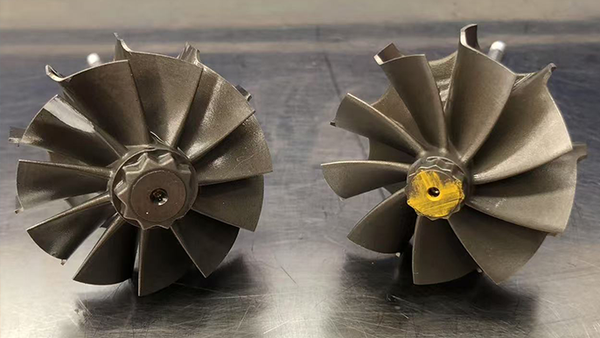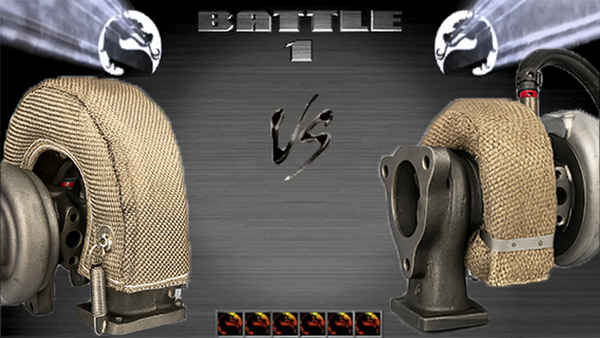Toyota LandCruiser 70 Series 1VD-FTV: How to Manage Exhaust Backpressure for Better Performance & Longevity
The Toyota LandCruiser 70 Series, equipped with the 1VD-FTV 4.5L V8 turbo diesel engine, is renowned for its durability and off-road prowess. However, owners often encounter challenges related to exhaust backpressure, which can impact the vehicle's performance and longevity. This article delves into the implications of high exhaust backpressure in the 1VD-FTV engine and offers strategies to mitigate its effects.
Understanding Exhaust Backpressure in the 1VD-FTV Engine
Exhaust backpressure refers to the resistance encountered by exhaust gases as they exit the engine. In the 1VD-FTV engine, excessive backpressure can lead to several issues:
-
Reduced Engine Performance: High backpressure restricts exhaust flow, diminishing power output and fuel efficiency.
-
Elevated Exhaust Gas Temperatures (EGTs): Trapped exhaust gases can raise EGTs, potentially causing damage to the turbocharger, exhaust valves, and pistons.
-
Increased Fuel Consumption: The engine must exert more effort to expel exhaust gases, leading to higher fuel usage.
-
Engine Wear and Component Damage: Prolonged exposure to high backpressure can accelerate wear on engine components, including valves, gaskets, and the turbocharger.
Recommended Boost Pressure Guidelines
To maintain optimal performance and prevent issues associated with high backpressure, it's advisable to keep boost pressure below 20 PSI when operating under 2,000 RPM. This precaution helps reduce strain on the engine and turbocharger, especially during low RPM conditions.
Strategies to Mitigate Exhaust Backpressure
To address and prevent high exhaust backpressure in the 1VD-FTV engine, consider the following approaches:
-
Upgrade the Exhaust System: Installing a high-flow exhaust system can reduce backpressure, enhancing exhaust flow and overall engine performance.
-
Regular Maintenance: Ensure that components like the Diesel Particulate Filter (DPF) and Exhaust Gas Recirculation (EGR) system are clean and functioning correctly to prevent blockages that can increase backpressure.
-
ECU Remapping: Customizing the Engine Control Unit (ECU) settings can optimize engine performance and reduce backpressure. For instance, ECU remapping can adjust fuel delivery and turbo boost parameters to achieve a more efficient combustion process. However, it's crucial to have this done by experienced professionals to avoid potential risks.
-
Monitor Boost Pressure: Utilize a boost gauge to keep track of pressure levels, ensuring they remain within recommended limits, particularly under 2,000 RPM.
Conclusion
While the Toyota LandCruiser 70 Series with the 1VD-FTV 4.5L engine is a robust and reliable vehicle, managing exhaust backpressure is essential to maintain its performance and longevity. By understanding the causes and effects of high backpressure and implementing appropriate measures, owners can ensure their LandCruiser continues to deliver optimal performance both on and off the road.




